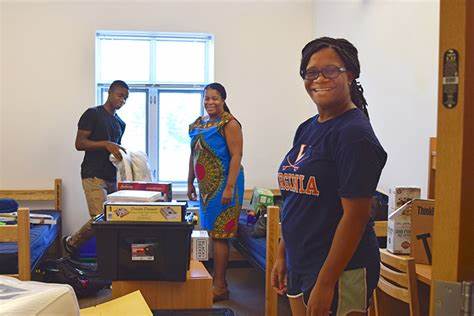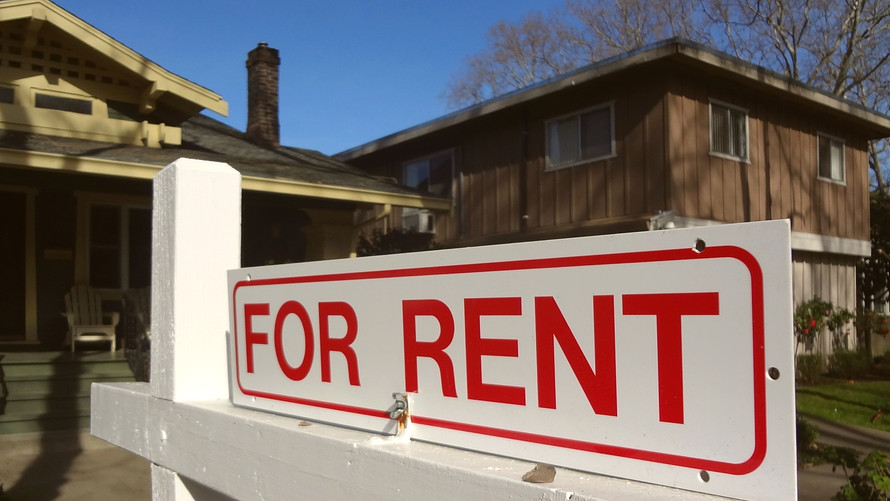Renting a house with a friend is an exciting stage in life, but if you are the first time a tenant or credit is not good, this can be a challenge. Landlords are looking for the best candidates for their property, and most people will conduct credit checks on potential tenants. Unfortunately, for first-time contacts, the absence of a credit history is often considered as equally important as a bad credit history. This is because it is difficult for the landlord to assess whether you are causing financial risks.
Move into a shared house
The landlord is not the kind of person who will venture to find a student who has just graduated from school or college. One of the best ways to solve this problem is to move to a shared house. Even for a short period of time, this will help you prove that you are a good tenant and can always rely on paying rent on time. However, in order to benefit from this arrangement, you need to make sure that you formally sign the lease as a co-owner.
Create a financial buffer
- If possible, try to find a roommate with a reliable rental record.
- If one of you has a strong rental background, it will help the landlord believe that you have less debt.
- If your roommate is willing to sign a separate property contract and rent out as a co-owner in the future, it would be better.
If you have enough money, paying extra rent in advance will help alleviate the landlord's concerns about renting out. Tenants are usually required to pay rent one month in advance. Try to provide 6 to 8 weeks to build a larger safety net. This will benefit potential tenants with poor credit history.
A glowing reference can go a long way. It is best to submit at least two strong letters of recommendation with your car rental application to prove your credibility. Make sure these letters come from valid sources, such as employers or community leaders, because a good letter from mom and dad is unlikely to have an impact.
Find a guarantor
When it comes to parents and relatives, check if they are willing to sign your lease or guarantee all your rental payments. This is very common if you move out. It allows your parents to lend a helping hand without violating your independence. This will also give the landlord peace of mind, no matter what happens, the rent will be paid. Your guarantor needs to sign a contract. This warranty usually also includes a commitment to pay any unpaid cleaning fees or damage at the end of the lease.
Raise the bet
If you have a hard time getting a rent, as a last resort, offer a slightly higher rent. As long as you are within your budget, you can add another 10 to 20 dollars to the rent. Once a week, this is a fairly small change, but within a year, it will increase the rental income from $520 to $1040. This extra bonus will be a very attractive offer, a landlord, hard to give up.
If you are renting a home for the first time without credit or bad credit, then the place you want to live will play an important role in determining the success of your search. In the highly competitive rental market, you will face more difficulties. So maybe you can look into the future to improve your chances.
Once you have a good rental history, you can move back to your favorite suburbs more easily.
Pay off your debt
Whether you like it or not, your landlord will investigate your credit history to make sure you are a reliable tenant. It is best to repay all outstanding debt before applying for rent. If you can't balance everything you owe, try to get a personal loan and a consolidated debt, which on paper looks less worrying.
Telephone and credit cards should be paid first. But beware of predatory lenders who offer low-level loans to get you back to the black market because they usually charge a lot of interest, and if you don't pay, your name will have another black spot.
Starting from the past




